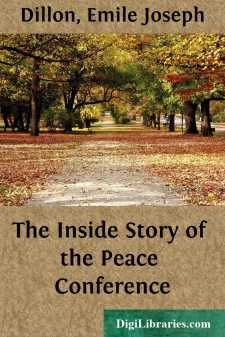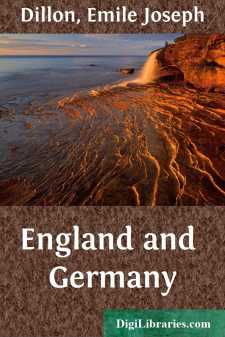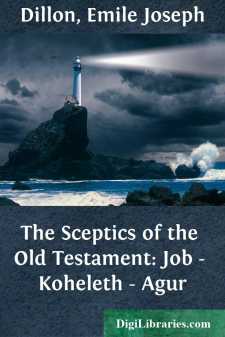Categories
- Antiques & Collectibles 13
- Architecture 36
- Art 48
- Bibles 22
- Biography & Autobiography 816
- Body, Mind & Spirit 145
- Business & Economics 28
- Children's Books 17
- Children's Fiction 14
- Computers 4
- Cooking 94
- Crafts & Hobbies 4
- Drama 346
- Education 58
- Family & Relationships 59
- Fiction 11834
- Foreign Language Study 3
- Games 19
- Gardening 17
- Health & Fitness 34
- History 1378
- House & Home 1
- Humor 147
- Juvenile Fiction 1873
- Juvenile Nonfiction 202
- Language Arts & Disciplines 89
- Law 16
- Literary Collections 686
- Literary Criticism 179
- Mathematics 13
- Medical 41
- Music 40
- Nature 179
- Non-Classifiable 1768
- Performing Arts 7
- Periodicals 1453
- Philosophy 66
- Photography 2
- Poetry 897
- Political Science 203
- Psychology 45
- Reference 154
- Religion 516
- Science 126
- Self-Help 85
- Social Science 82
- Sports & Recreation 34
- Study Aids 3
- Technology & Engineering 59
- Transportation 23
- Travel 463
- True Crime 29
Emile Joseph Dillon
Emile Joseph Dillon was a British journalist, author, and linguist, born in 1854. Fluent in numerous languages, he served as a foreign correspondent for "The Daily Telegraph" and reported extensively on European and Asian affairs, particularly on Russia. Dillon is known for his works such as "Russia Today and Tomorrow" and "The Eclipse of Russia," which reflect his deep knowledge of Russian politics and society during turbulent times. His unique background in languages and cultures helped him provide detailed and insightful analyses of international events until his death in 1933.
Author's Books:
Sort by:
I The choice of Paris for the historic Peace Conference was an afterthought. The Anglo-Saxon governments first favored a neutral country as the most appropriate meeting-ground for the world's peace-makers. Holland was mentioned only to be eliminated without discussion, so obvious and decisive were the objections. French Switzerland came next in order, was actually fixed upon, and for a time held...
more...
INTRODUCTION Behind any human institution there stand a few men—perhaps only one man—who direct its movement, protect its interests, or serve as its mouthpiece. This applies to nations. If we wish to know for what a nation stands and what are its ideals and by what means it seeks to realise them, we shall do well to know something of the men who lead its people or express their feelings. It is of...
more...
PREFACE A careful perusal of this first English translation of the primitive text of "Job," "Koheleth," and the "Sayings of Agur" will, I doubt not, satisfy the most orthodox reader that I am fully warranted in characterising their authors as Sceptics. The epithet, I confess, may prove distasteful to many, but the truth, I trust, will be welcome to all. It is not easy to...
more...




